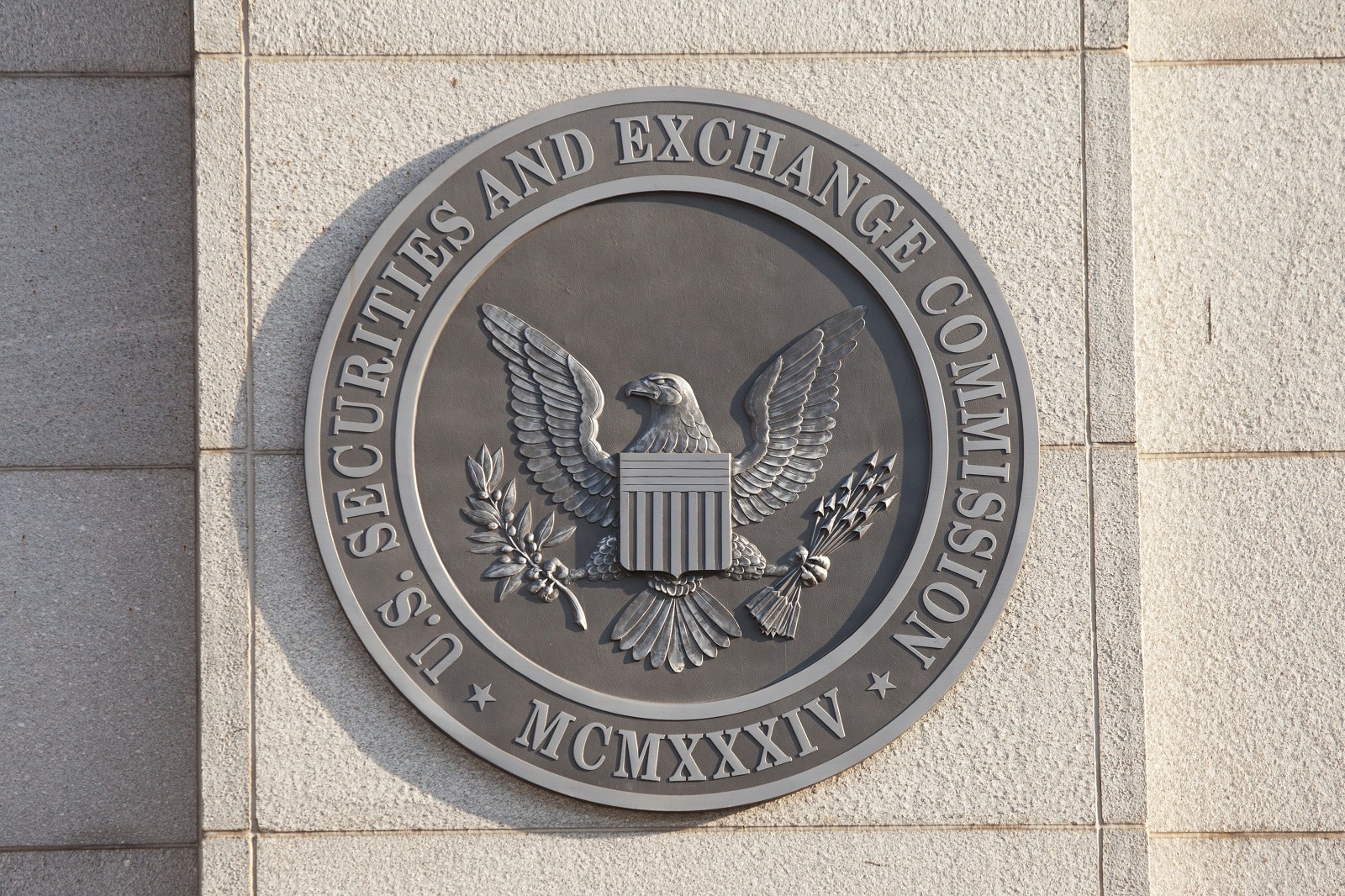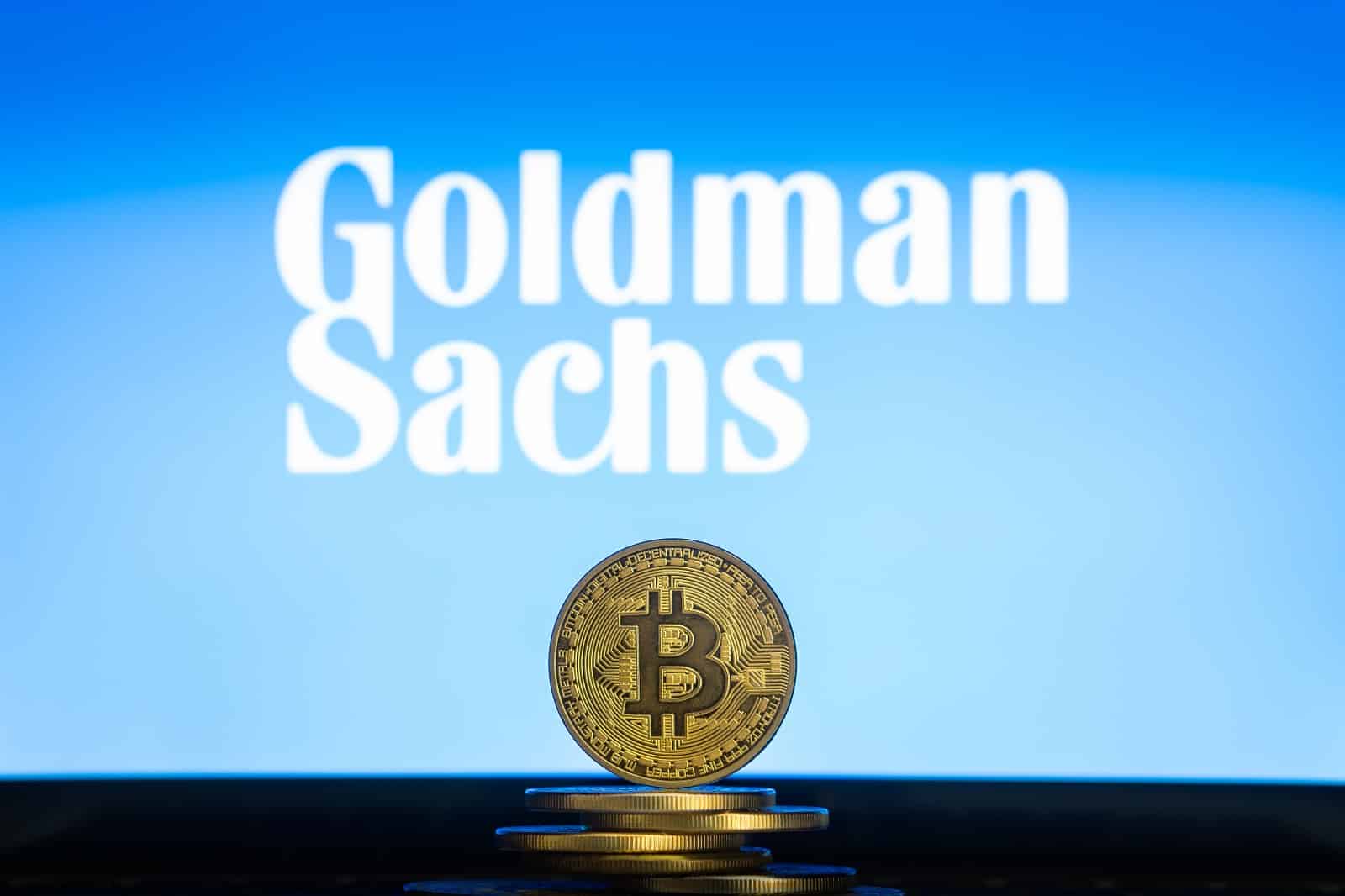With the U.S. Securities and Exchange Commission’s recent approval of the first-ever spot bitcoin ETFs, the investment world is in a flurry of excitement. The development not only adds a new dimension to cryptocurrency investment, but also opens up broader opportunities for both individual and institutional investors.
SEC Approves Bitcoin ETFs

The SEC’s nod to 10 bitcoin ETFs, including from industry giants like BlackRock and Fidelity, introduces these digital asset funds to mainstream trading platforms.
This step represents a major shift in investment strategies, integrating cryptocurrency into more traditional investment avenues.
What is a Bitcoin ETF?

A Bitcoin ETF is an investment fund that tracks the value of bitcoin, allowing investors to buy shares of the ETF on stock exchanges.
This setup enables exposure to bitcoin’s price movements without owning the cryptocurrency.
Impact on Bitcoin’s Market Value

The introduction of bitcoin ETFs is expected to significantly boost bitcoin’s market value.
Drawing a parallel to the gold market, which saw tremendous growth following the introduction of a gold ETF, bitcoin might witness a similar trajectory.
Simplifying Cryptocurrency Investment

Bitcoin ETFs simplify the investment process in digital currency.
Investors can now bypass the complexities of digital wallets and directly invest in Bitcoin through regulated channels.
Opening Doors for Retail Investors

These ETFs make Bitcoin accessible to a broader range of investors.
Now, even those with limited knowledge of cryptocurrency trading can participate in the Bitcoin market.
Boost for Institutional Investment

Large fund managers and retirement planners can now incorporate bitcoin into their portfolios, making it an integral part of diverse investment strategies.
Enhanced Credibility for Bitcoin

According to Kevin de Patoul, co-founder and CEO of Keyrock, “There is now a U.S. bitcoin spot ETF, and bitcoin is no longer considered shady or infamous. This significantly changes the perception for the mainstream public.”
Reduced Dependency on Hardware Wallets

Bitcoin ETFs eliminate the need for hardware wallets, traditionally used to store digital tokens. This reduces the risk of loss due to hardware failure or theft.
Diversification of Portfolios

Timo Lehes, co-founder of Swarm Markets, notes, “The approval of a Bitcoin ETF has huge implications for US investors because they can now hold crypto in their brokerage account, which they couldn’t do before.”
A milestone in Crypto Asset Maturity

Vijay Ayyar views this development as a key moment in the maturity of cryptocurrency as an asset class, offering “an easy, safe way to gain exposure to the asset class through their brokerage account.”
Lowering Investment Risks

By facilitating investment through ETFs, the inherent risks associated with direct cryptocurrency purchases are significantly reduced.
Record Trading Volumes

Following the approval, U.S.-listed bitcoin ETFs witnessed $4.6 billion in trading volumes in its first day of trading, underscoring the high interest and acceptance of these products.
Intense Market Competition

The launch of bitcoin ETFs has triggered a competitive race among issuers, with some slashing fees to attract investors, indicating the high stakes involved in this new market segment.
Varying Views on Investment Viability

Despite the enthusiasm, some industry leaders remain cautious.
For instance, Vanguard stated it has no plans to offer these ETFs to its clients, reflecting a varied approach to cryptocurrency as an investment.
Goldman Sachs’ Skepticism

Sharmin Mossavar-Rahmani, from Goldman Sachs, expressed doubts about cryptocurrencies as an investment class, questioning their inherent value.
Future Prospects and Innovations

The approval of bitcoin ETFs paves the way for future developments in ETFs for other cryptocurrencies, with firms like Grayscale exploring options to expand their offerings.
Influence on Cryptocurrency Stocks

The ETFs’ approval initially boosted cryptocurrency-related stocks, though they later experienced declines, reflecting the market’s volatile nature.
Bridging Crypto and Conventional Investing

The SEC’s decision to approve bitcoin ETFs marks a turning point, bridging the gap between cryptocurrency and conventional investing.
It heralds a new era where digital and traditional investment methods coexist, offering diversified opportunities for investors across the spectrum.
More From Frugal to Free…
U.S. Budget Breakthrough: A Huge Step Forward Amidst Looming Shutdown Threat
Will Easing Inflation in America Continue?
The post What The New Bitcoin ETF Means For Investors first appeared on From Frugal to Free.
Featured Image Credit: Shutterstock / Volodymyr Plysiuk. The people shown in the images are for illustrative purposes only, not the actual people featured in the story.
The content of this article is for informational purposes only and does not constitute or replace professional financial advice.
